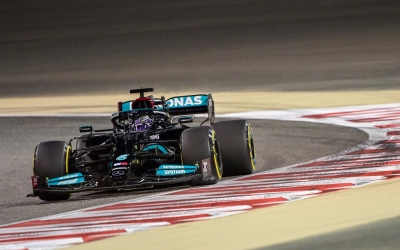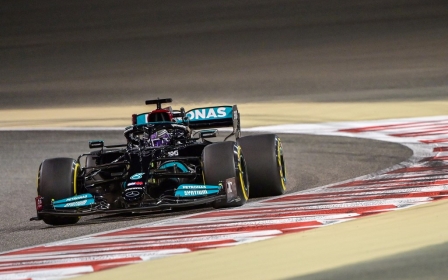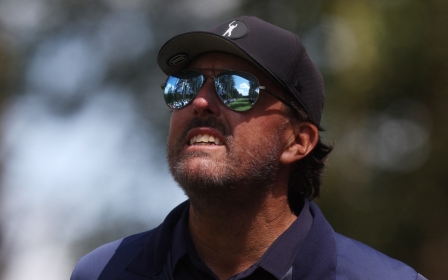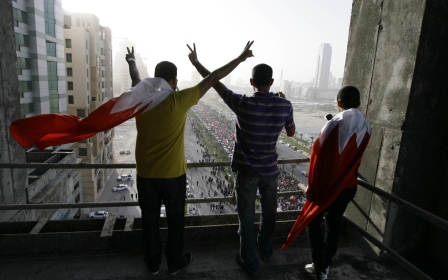Formula One: British MPs blast organisation over Bahrain and Saudi Arabia 'sportswashing'
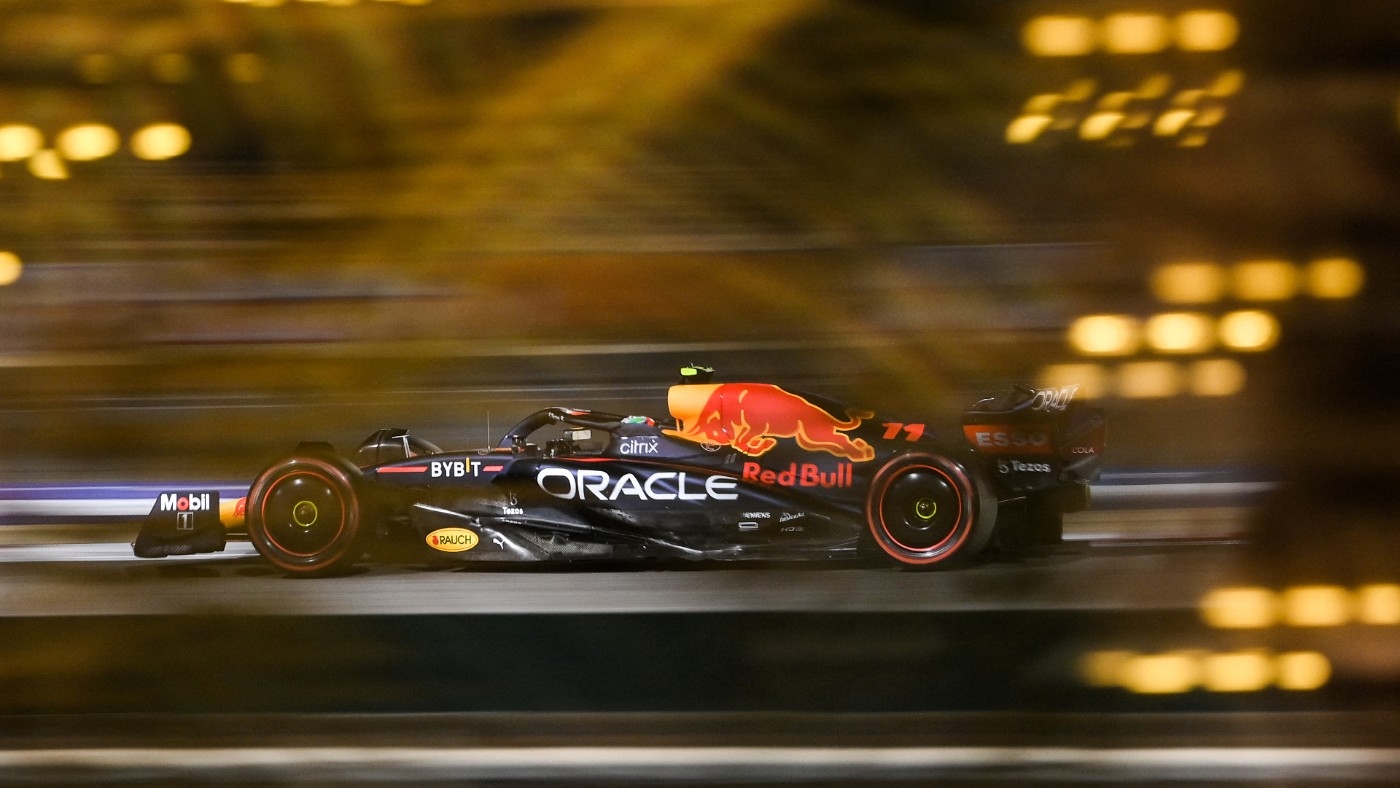
A group of British MPs has written to the organisers of Formula One (F1) to express their “grave concerns” over motorsport’s role in “sportswashing the appalling human rights records of Bahrain and Saudi Arabia”.
Ahead of the new F1 season, which begins this Sunday, in Bahrain, 20 parliamentarians including Jeremy Corbyn, John McDonnell, and Layla Moran, called for an independent inquiry into F1 and the governing body Federation Internationale de l’Automobile’s (FIA) activities in countries with questionable human rights records.
McDonnell, Labour's former shadow chancellor, told Middle East Eye: "The presence of F1 gives the impression that Bahrain is somehow a normal state. Its abuse of human rights means it certainly isn't. No sport should be providing this regime with any credibility."
Bahrain and Saudi Arabia will both host Grand Prix this season despite Saudi Arabia executing 81 prisoners in one day in 2022 and Bahrain continuing to imprison its population at the highest rate of any country in the Middle East, with an estimated 1,300 political prisoners.
'The presence of F1 gives the impression that Bahrain is somehow a normal state... No sport should be providing this regime with any credibility'
- John McDonnell, former shadow chancellor
The British politicians condemned F1’s “refusal to engage with key stakeholders including human rights groups” before it awarded Bahrain the “longest contract in F1 history, breaching F1's own policy”.
New MEE newsletter: Jerusalem Dispatch
Sign up to get the latest insights and analysis on Israel-Palestine, alongside Turkey Unpacked and other MEE newsletters
“Multimillion dollar profits must not come at the expense of human rights,” the letter to F1 and the FIA, which was seen by MEE, reads.
“You have a duty to ensure your presence has a positive impact, which will not be possible whilst political prisoners remain behind bars in Bahrain. If Lewis Hamilton can speak out, why can’t you?”
“I along with other MPs and peers from the UK parliament have written an open letter to FIA and F1,” Lord Scriven, a Liberal Democrat, told MEE in a statement.
“We are asking them to do things to improve the way the sport operates around human rights, they are not extreme or radical things, they are issues that we would expect any sporting organisation with any moral leadership at the heart of how motorsports is governed and operates."
MEE has written to the FIA asking for comment.
Sayed Ahmed Alwadaei, director of the Bahrain Institute for Rights and Democracy (Bird), heralded the MPs letter, adding that F1's leadership “cannot simply claim that their presence in these countries has a positive impact when evidence demonstrates otherwise”.
“F1 continues to profiteer from brutal Gulf autocrats, making multi-millions whilst victims pay the price,” Alwadaei said. “When Lewis Hamilton is able to speak out in the face of injustice, he sets a moral standard that F1 management must follow.”
Speaking ahead of the Grand Prix on Sunday, Hamilton, the motorsport’s most high-profile driver, said: “I couldn’t say whether or not I know that it’s got worse. I’m not sure it has got better while we’ve been coming all these years."
He continued: "I know for me, I’ve only in the latter years started to understand more and more of the challenges of the people here in Bahrain, and also then in Saudi, it was my first time there last year but of course I read about some of the troubles there... But more needs to be done, without doubt. Whether or not that will happen, time will tell.”
The deal that took F1 to Bahrain
Bahrain was the first country in the Middle East to host a Grand Prix.
Construction of the Bahrain International Circuit in Sakhir began in 2002 and cost $150m. The first race took place on 4 April 2004 and was won by Michael Schumacher, driving a Ferrari.
Speaking to MEE in 2021, former F1 supremo Bernie Ecclestone explained how the deal to take the sport to Bahrain was done.
“When we first went there we had a bit of trouble with the local people, who were upset about what they thought the rulers were doing,” Ecclestone told MEE.
“In the end, I met all the protesters and really sat with them and talked to them. I said to them at the time: ‘What you’re looking for is a revolution, really’.
"That’s what normally happens. And then you attack the crown and capture the country. I said that’s the only thing you can ever do.”
The British business magnate said that Cambridge-educated Salman bin Hamad Al Khalifa, who became Bahrain’s crown prince in 1999, had got in touch with him to talk about hosting a Grand Prix in the island kingdom.
“He was completely behind this because he realised that it would be the best thing that could happen for the country,” said Ecclestone.
“It was a case of pointing out what was best for everyone.”
Middle East Eye delivers independent and unrivalled coverage and analysis of the Middle East, North Africa and beyond. To learn more about republishing this content and the associated fees, please fill out this form. More about MEE can be found here.


